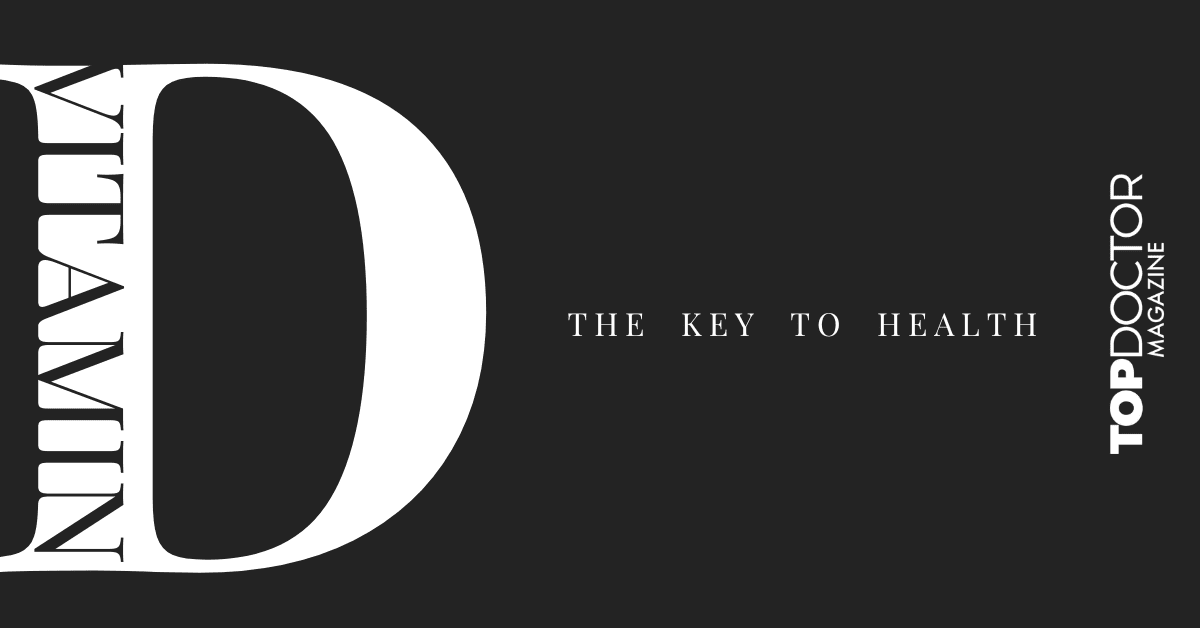It’s easy to be overwhelmed by the number of vitamins and supplements available on the market. Read the labels on a few of them, and you begin to get the impression that every single one is critical to your health! When caught in this avalanche of information, it can be challenging to determine which vitamins will be most helpful to integrate into your health routine.
What Is Vitamin D?
Vitamin D is naturally produced by our bodies when we come into contact with sunlight. You can add specific foods and supplements, which can boost the effects of vitamin D on your body.
The primary benefits of vitamin D are healthy bone and tooth growth, but it also plays a critical role in regulating the function of your immune system. Vitamin D increases your body’s ability to fight disease, especially severe flu symptoms or heart disease.
Scientific research suggests that vitamin D plays a role in our mental health as well. Interpreting that research is tricky because it creates a chicken-and-egg situation. Suppose individuals who experience depression spend an unusual amount of time indoors. In that case, we should expect them to have lower levels of sunshine-induced vitamin D.
At the same time, though, would those lower vitamin D levels amplify symptoms of depression? Though the research is inconclusive at this point, it is safe to assume that vitamin D might be one of the reasons that spending time outdoors is so beneficial to our mental health.
Can Vitamin D Help Me Fight COVID-19?
Although not a cure-all, vitamin D and its role in improving immune function have prompted many scientists to wonder if it might help ward off the COVID-19 infection. A recent study from Israel has examined the connection between vitamin D and COVID-19. After examining 253 patients in a local hospital, the study concluded that individuals who had Vitamin D deficiencies before getting infected were 14 times more likely to develop severe COVID-19. Individuals with high vitamin D levels were more likely to contract moderate cases of COVID-19.
Most research on the relationship between Vitamin D and COVID-19 is plagued by the same problem faced by studies of vitamin D and depression. It’s challenging to find evidence that suggests vitamin D deficiencies have contributed to COVID-19 infections. Scientists might just be finding these qualities in overlapping populations without any relationship. However, without conclusive scientific evidence in these areas, we know that vitamin D is vital to our overall health.
How Can I Get the Right Amount of Vitamin D?
The most valuable piece of advice for determining the correct dosage of anything is to consult your doctor. Because vitamin D is fat-soluble, ingesting too much of it via supplementation could ultimately be harmful. What’s more, the symptoms of vitamin D toxicity don’t show up immediately. Instead, these symptoms only manifest after months or years. The safest course of action is to consume fewer than 100 micrograms per day before consulting your doctor.
An alternative to supplements is to look for vitamin D in your diet. The best foods for those looking to boost their vitamin D intake are salmon, canned tuna, egg yolks and orange juice.
A Parting Reminder
Whether you get it from a supplement, diet or spending time outdoors in sunny weather, vitamin D is one of the most important vitamins for your overall health! Your immune system, teeth, bones and emotional health all have the potential for improvement. Although research is inconclusive for now, you might have a better chance of warding off COVID-19 with healthy vitamin D levels. So, consider integrating more Vitamin D into your health habits!






0 Comments